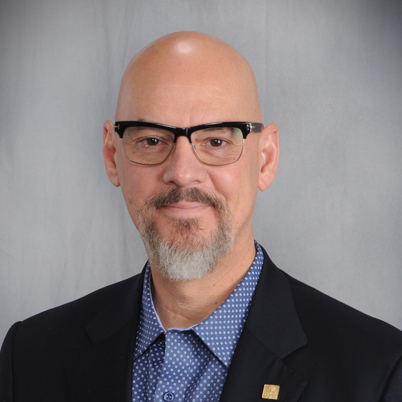
One in five people over the age of 55 has at least one mental health concern, such as anxiety, or depression. As people age and their physical health declines, they can experience feelings of sadness, worry, and even panic. Moreover, debilitating chronic conditions can lead to less independence and more limited social interactions, which can exacerbate mental health challenges. If left untreated, negative thoughts and feelings can intensify, and in some cases lead to suicide attempts or completion.
Older adults have one of the highest suicide rates of any age group. In part, this is because of the difficulties they face, but also, older people who attempt suicide are often more isolated, so people may not notice they’re struggling. In addition, they are more likely to have a plan and can be more determined than younger adults.
Healthcare providers—particularly primary care providers—can serve as the first line of defense in catching mental health issues. By intervening early, they can improve their senior patients’ health and reduce the risk of devastating consequences.
The annual physical presents a key opportunity.
Although a person’s physical health is often the focus of the yearly check-up, this annual appointment offers a chance to gauge a person’s mental health and decide if an additional evaluation for further treatment is necessary. A mental health screening is especially important for the senior population because they tend to avoid talking about what they are experiencing and/or downplay the seriousness. As such, they are not as likely as a younger person to reach out to their provider when they are feeling sad or anxious. With a condition like anxiety, admitting there may be a problem can be scary and avoiding it is sometimes easier. Through screening, a primary physician can identify patients exhibiting symptoms of common behavioral disorders, even when the patient doesn’t recognize the signs themselves or feel comfortable talking about them.
Allow extra time for at-risk patients.
While every patient coming in for a physical should receive a mental health screening as a matter of course, providers should pay special attention to those patients who already are on medication or in therapy or those who have been screened for depression or anxiety in the past. Alerts in the electronic health record (EHR) can help notify the provider that a patient has one of these existing mental health situations, prompting the provider to further explore the patient’s current mental state and watch for red flags, including trouble sleeping, loss of interest in activities they enjoy, neglecting self-care, an uptick in physical distress, emotional outbursts and so on. Even if a patient is not determined to be at high risk for mental health issues during a screening or based on past history, if they exhibit any of the aforementioned signs during the visit, the provider may want to consider proactive interventions.
Develop a plan with the patient.
Partnering with the patient to figure out the next steps can help set the individual on a path to recovery. A good plan may include self-care strategies, therapy options, medications, and other interventions. For example, regular exercise, healthy eating, and spending time outdoors can improve mood. If the patient has a smartphone or wearable device, the provider may want to encourage the use of apps to prompt exercise and strengthen social networks. Connecting patients with community resources, such as transportation, companionship, or meal delivery services, can help them make different lifestyle choices that could lessen the risk of spiraling mental health.
Virtual therapy appointments can be especially beneficial for the senior population. Not only are they easy to schedule, but they afford a level of privacy that may increase the likelihood the patient attends the appointment and provides critical insights. Working with various health plans, creating a tailored list of in-network providers who offer virtual appointments and sharing that list with the patient during the physical may increase the likelihood that the patient takes advantage of this resource.
While most plans should center around proactive strategies, it’s also important to discuss what to do during an emergency. Sharing information about the new 988 Suicide and Crisis Lifeline and when to call it can be helpful, although providers should be careful about how they communicate the information to ensure the patient has the proper context.
Stay connected between visits.
This may include reaching out via phone, email, text or private message to check up on the individual. Alerts in the EHR can prompt care coordinators or other office staff to reach out and stay on top of how the patient is feeling.
Now is the time to act
As Baby Boomers age, the mental health crisis is only expected to get worse. Primary care providers can lead the way in tackling this persistent challenge. By screening for mental health issues, engaging further with those at risk, intervening early, and keeping in touch outside of the annual appointment, providers can start to make a difference in the mental health and wellness of their senior populations.
About Dr. Joe Nicholson
Dr. Joe Nicholson is the Chief Medical Officer at CareAllies, a company helping providers to accelerate their transition to value-based care models and manage the long-term health of their patients across multiple payers. As Chief Medical Officer, Dr. Nicholson provides strategic direction, operational oversight, and thought leadership for all clinical programs at CareAllies. Prior to CareAllies, he served as corporate senior vice president and national medical director of contracting and business development at Cancer Treatment Centers of America (CTCA) focusing on contract negotiation, program development, innovation and value-based reimbursement design.
